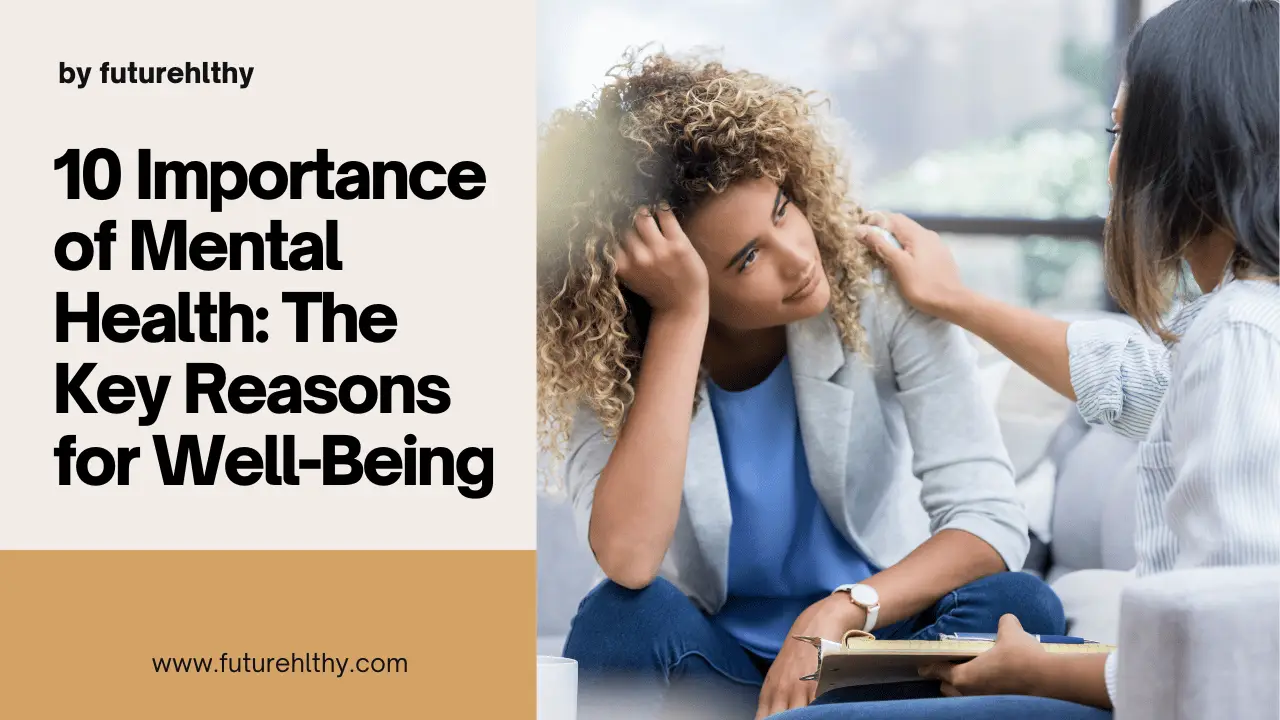How Do Mental and Emotional Illnesses Affect Social Health?

How Do Mental and Emotional Illnesses Affect Social Health? Understanding how mental and emotional disorders affect social well-being is more important now than ever.
These issues can change how people make friends, talk, and feel connected to others.
For example, anxiety can make people afraid to join conversations or attend social events. Depression can cause someone to pull away from loved ones.
While these changes might seem small at first, they can deeply damage a person’s social life and sense of belonging.
Let’s take a closer look at how this happens—and how we can help.
What Is Social Health?
Social health means how well a person builds and keeps healthy relationships. No solo se trata de tener amigos. About others making you feel understood, supported, and valued.
This includes family, friends, and community members.
Someone with strong social health can:
- Communicate clearly and kindly
- Trust and be trusted by others
- Share and accept emotional support
- Set healthy boundaries
- Feel like they belong
When mental or emotional illnesses get in the way, these social skills can suffer.
How Mental Illness Affects Social Life
Conditions such as depression, anxiety, PTSD, bipolar disorder, or personality disorders can hinder social connections. These challenges might result in:
- Avoiding people or social events
- Trouble trusting others
- Arguing more often
- Poor communication
- Low confidence
- Fear of being judged or rejected
1. Depression and Social Withdrawal
Depression often makes people feel tired, sad, or uninterested in things they once enjoyed—including friends. They may cancel plans or stop replying to texts. Loved ones might feel confused or hurt.
Common social signs of depression:
- Avoiding friends and family
- Feeling guilty for being a “burden”
- Losing interest in talking to others
- No energy for socializing
This leads to loneliness and can make depression even deeper.
2. Anxiety and Fear of Social Situations
People with anxiety, especially social anxiety, often fear judgment from others. They worry about saying the wrong thing. Even a simple conversation can feel overwhelming.
How anxiety affects social life:
- Skipping social events
- Worrying too much about what they said
- Struggling to meet new people or date
- Feeling shaky, sweaty, or panicked around others
Avoiding social settings can shrink someone’s world and confidence over time.
3. Bipolar Disorder and Mood Swings
Bipolar disorder causes extreme highs (mania) and lows (depression). These mood shifts can confuse or hurt relationships.
Challenges include:
- Acting too excited or irritable during manic phases
- Withdrawing during depression
- Making risky decisions
- Having sudden outbursts
These behaviors may scare or push people away if not treated, but with support, many people manage well.
4. PTSD and Social Avoidance
PTSD (Post-Traumatic Stress Disorder) happens after experiencing trauma. People with PTSD may avoid certain places or people. They might feel unsafe or numb in social situations.
Social effects of PTSD:
- Trouble trusting others
- Feeling tense or on edge
- Outbursts or going silent without warning
- Staying away from events that bring back bad memories
This can make it hard to form or keep close connections.
5. Personality Disorders and Relationship Struggles
Certain personality disorders, such as borderline or narcissistic personality disorder, can turn relationships into a rollercoaster ride. These disorders frequently involve intense emotions, fear of abandonment, or challenges in empathizing with others’ emotions.
Social effects include:
- Intense, unstable friendships
- Mis-understanding other people’s actions
- Quick anger or emotional reactions
- Frequent conflicts in family or romantic relationships
With therapy, many people can learn healthier ways to relate to others.
Many people with mental illness feel lonely or left out. They may want to connect—but just don’t know how anymore. Over time, this can make their condition worse.
Mental Illness and Isolation
One of the hardest parts of mental illness is that it often leads to isolation—and isolation makes things worse.
For example:
- Someone with depression avoids friends → loses support → feels lonelier → gets more depressed.
- Someone with anxiety skips social events → friendships fade → becomes even more anxious about people.
Breaking this cycle takes time, care, and support—but it’s possible.
Why Social Health Matters in Recovery
Good social health helps people recover from mental illness. It brings:
- Emotional support
- Encouragement
- A sense of purpose
- People to talk to during hard times
Without these things, healing is harder. People may feel alone, misunderstood, or ashamed. They may stop going to therapy or even turn to harmful habits like drinking or drugs.
How to Improve Social Health
If your social life has suffered because of mental illness, don’t give up. You can rebuild it, step by step. Here’s how:
1. Therapy and Counseling
- CBT (Cognitive Behavioral Therapy) helps change negative thoughts and build social confidence.
- Group therapy lets you practice talking and sharing in a safe space.
2. Medication
Sometimes, medication can ease symptoms like sadness or anxiety so it’s easier to connect with others.
3. Support Groups
Whether in person or online, support groups connect you with people who understand your struggles. This helps reduce shame and builds hope.
4. Small Social Goals
Start small. Text a friend. Go for a short walk with someone. Join a class or hobby group. Small steps lead to stronger connections.
5. Education and Stigma Reduction
When family and friends learn about mental illness, they can offer better support. Talking openly helps end shame and brings people closer.
How Loved Ones Can Help
If someone you value is struggling, you can make a significant difference. Here’s how:
- Be patient and kind
- Stay in touch, even if they don’t reply right away
- Learn about their condition
- Gently encourage social time—but don’t force it
- Support their treatment
- Let them know they’re not alone
Even small acts of kindness can help someone feel seen and valued.
Final Thoughts
Mental and emotional illnesses can make people feel alone—but that doesn’t mean they’re unlovable or broken. With time, care, and support, anyone can rebuild their social life.
The more we understand each other, the stronger our communities become. Let’s work together to create a world where no one has to struggle alone.
Because in the end, connection heals.

Dr. Anna Wells
Dr. Anna Wells simplifies complex medical topics into practical advice. She writes to help readers understand symptoms, treatments, and wellness strategies for a healthier life.






